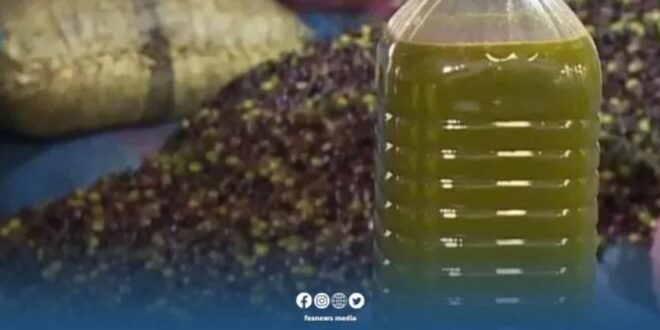Recent announcements by industry professionals about the arrival of Spanish olive oil in the Moroccan market have sparked hope among Moroccan consumers who are facing sharp price increases. But will these imports help stabilize or even lower prices?
With local production reportedly down by up to 60% compared to normal years according to industry professionals, both consumers and manufacturers are hoping for a decrease in olive oil prices. In this context, several agricultural cooperatives have begun importing and marketing Spanish olive oil in Morocco after obtaining necessary permits from relevant authorities.
Mohammed Sadiki, Minister of Agriculture, Maritime Fishing, Rural Development, Water and Forests, recently stated that while olive oil imports have always been possible, his ministry will now actively encourage diversification of import sources.
Spanish olive oil, being competitively priced, could potentially help lower domestic market prices. However, quality concerns remain. One industry professional estimates that high-quality Spanish olive oil could be significantly cheaper than its Moroccan counterpart, which currently ranges between 140 and 150 dirhams.
Due to drought and pest infestations, Moroccan olive oil prices have risen dramatically, resulting in lost competitiveness in the global market. While Morocco was previously among the world’s top ten olive oil exporters, it now struggles to meet domestic demand.
Meanwhile, competing countries such as Spain, Tunisia, Greece, and Portugal are experiencing significant production increases. According to the International Olive Council, all Mediterranean basin countries, except Morocco and Italy, are recording increased production.
The question remains whether Spanish olive oil imports will effectively help ease price pressures in the Moroccan market, and what the long-term implications will be for the domestic olive sector.
 فاس نيوز ميديا جريدة الكترونية جهوية تعنى بشؤون و أخبار جهة فاس مكناس – متجددة على مدار الساعة
فاس نيوز ميديا جريدة الكترونية جهوية تعنى بشؤون و أخبار جهة فاس مكناس – متجددة على مدار الساعة













